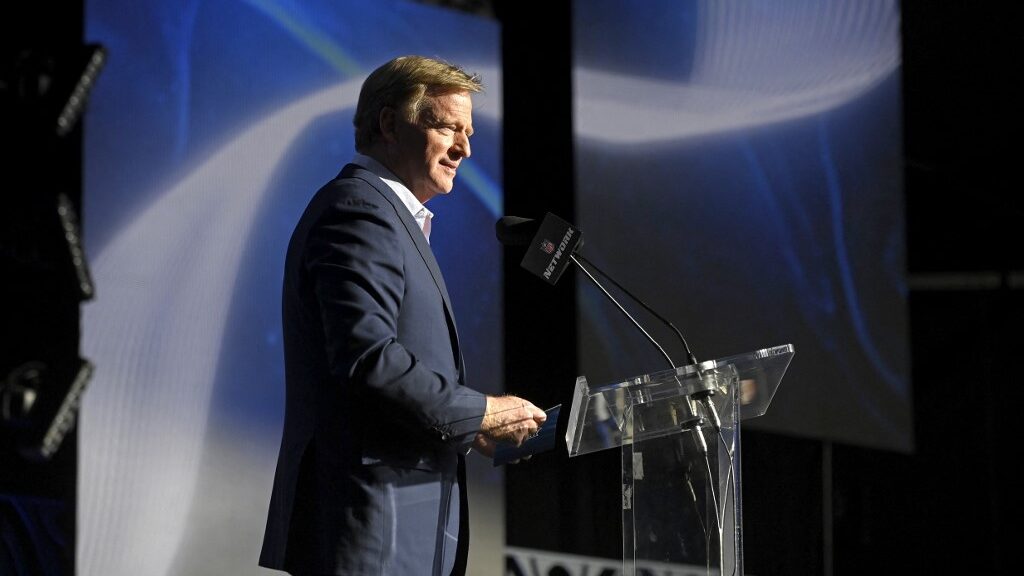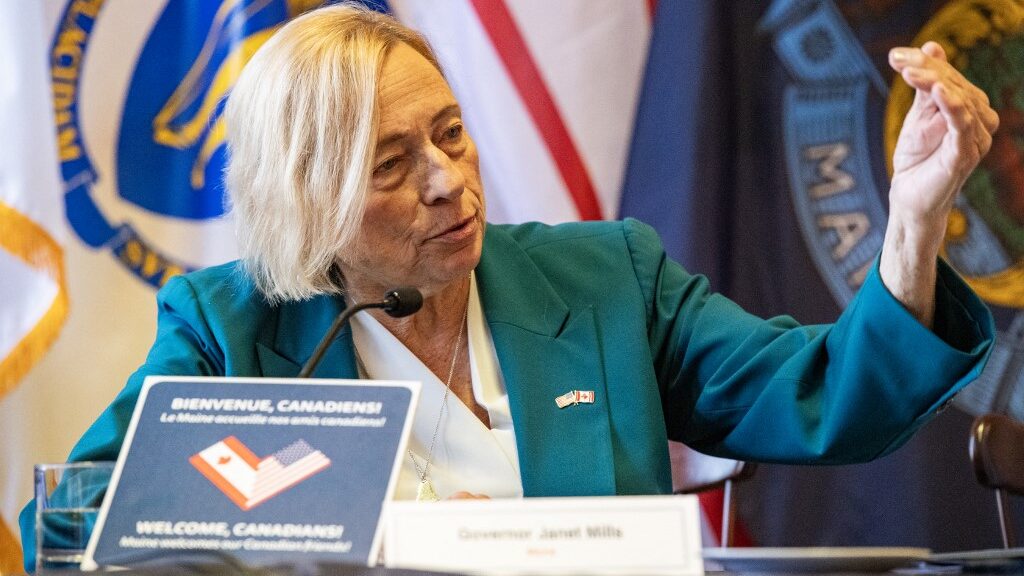
On May 14, 2018, the Supreme Court of the United States deemed the Professional and Amateur Sports Protection Act of 1992 unconstitutional, paving the way for legalized sports betting throughout the nation.
PASPA Protected No One
When the government decides it knows better than the people it governs, things usually don’t turn out very well.
Think of the Volstead Act, ushering in nearly 14 years of Prohibition that saw crime and lawlessness increase because getting a drink was worth breaking the law.
And while the Professional and Amateur Sports Protection Act of 1992 did not have nearly the same seismic repercussions on our social landscape, what it did do is caused those who wanted to bet, to do so illegally.
But what makes these government intrusions into our personal liberties even more infuriating is the patronizing language used when introducing such a bill.
Consider this little bit of drivel from the Senate Judiciary Subcommittee on Patents, Copyrights, and Trademarks circa 1991 on the topic of sports betting.
The Subcommittee, in its infinite wisdom, found “(s)ports gambling is a national problem. The harms it inflicts are felt beyond the borders of those States that sanction it.”
The harm it inflicts on who, exactly? Are we referring to the small percentage of the sports betting population that will develop an addiction to gambling while the overwhelming majority will view it as a hobby, a recreational activity with money they earned and can spend in any manner they please? Is that the argument?
Politicians love to find a victim and white-knight a social cause if it will make them appear to be some sort of avenging angel.
Yet, we know that alcohol can lead to alcoholism while the tobacco can cause a wide variety of diseases, and fatty foods can lead to obesity.
It’s fair to say that the three aforementioned products will do far more damage than the scintilla of the general population adversely affected by the introduction of legalized sports betting.
But to view it in that context ruins the narrative and then who would these sanctimonious political hacks save?
It was a specious, if not absurd, premise to begin with but sunlight is the best disinfectant and once a bright, hot spotlight was shone on this topic, it became increasingly apparent the sports betting prohibition was as farcical as the one attempted in the 1920s.
Sports Betting Craze
Since PASPA was overturned and the federal prohibition on sports betting was lifted it became a state’s right to choose whether or not to adopt sports betting.
New Jersey was at the vanguard of the movement to overturn PASPA and was eager to legalize it, and more importantly, tax it.
The water was tepid at first, with many states casting a curious glance at how it would manifest in the Garden State.
Well, the glances morphed into wide-eyed, jaw-dropping stares after the revenues were released, and now we have over 30 states and districts in which legalized sportsbooks pay millions in licensing fees in addition to even more millions of dollars in taxes that go directly into the state and local government coffers.
It has become so popular that even commissioner Roger Goodell and the National Football League, the biggest critics of sports betting for decades, have suddenly changed their tune from We’re Not Gonna Take It, to, I’m So Paid.
That’s right, the NFL is getting a brand-new revenue stream courtesy of the sportsbooks paying oodles of money to partner with the league and its franchises.
Washington, D.C., lawyer Matthew McGill, who was co-counsel for the state of New Jersey in the PASPA case, was asked about his thoughts on the decision and its effects.
“It wasn’t obvious at that time, at least to me, that sports betting would sweep the nation in quite the way it has,” he said.
“I thought that states would legalize it, but it wasn’t obvious that they would rush to do so with the enthusiasm which they have shown.”
As Cyndi Lauper wrote so long ago, “Money Changes Everything. Isn’t that right, Roger?“.
















